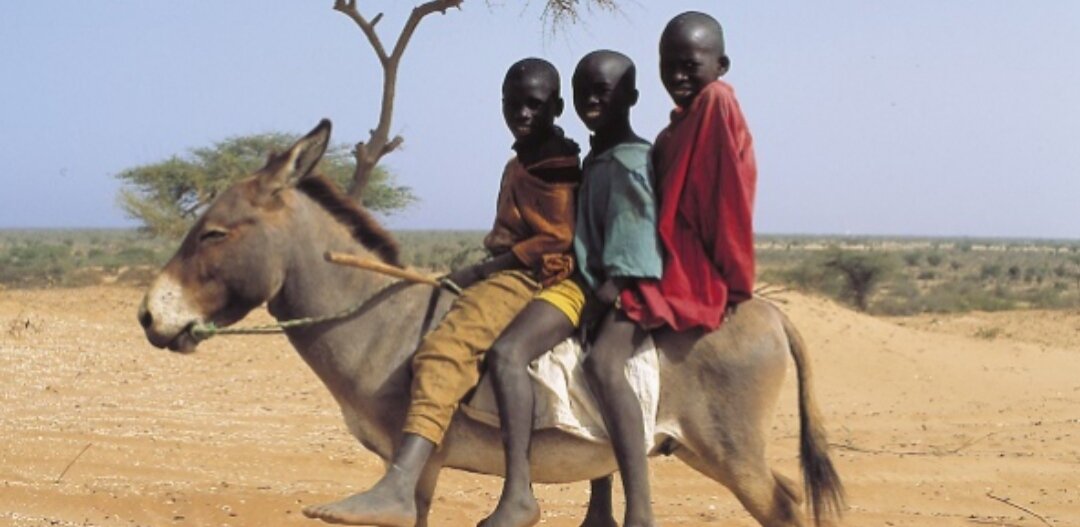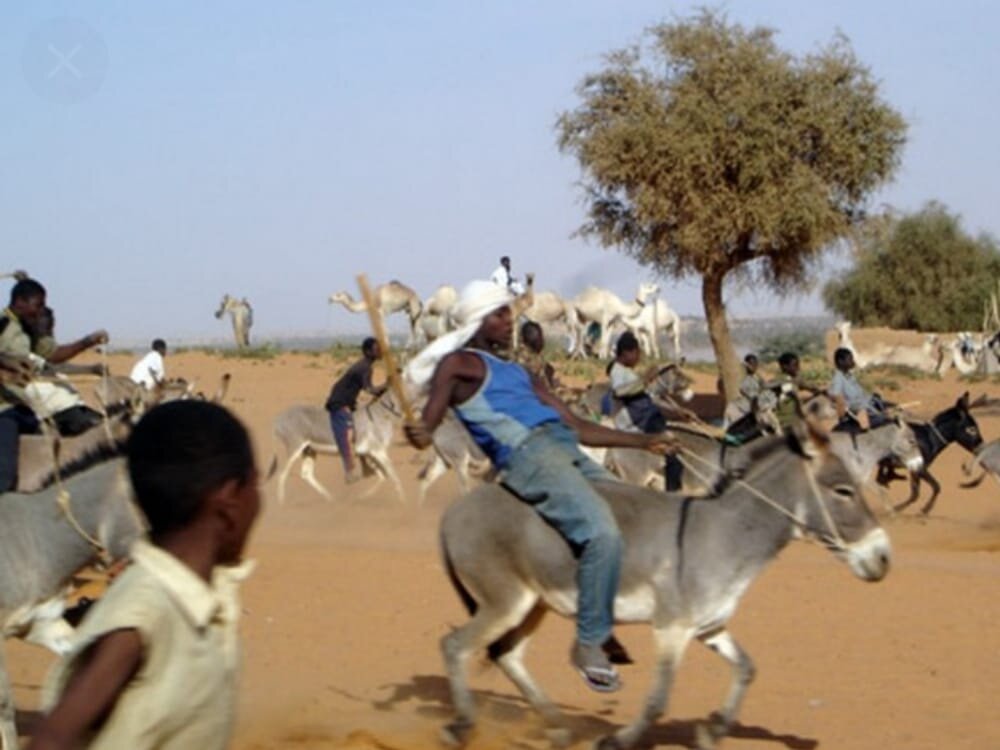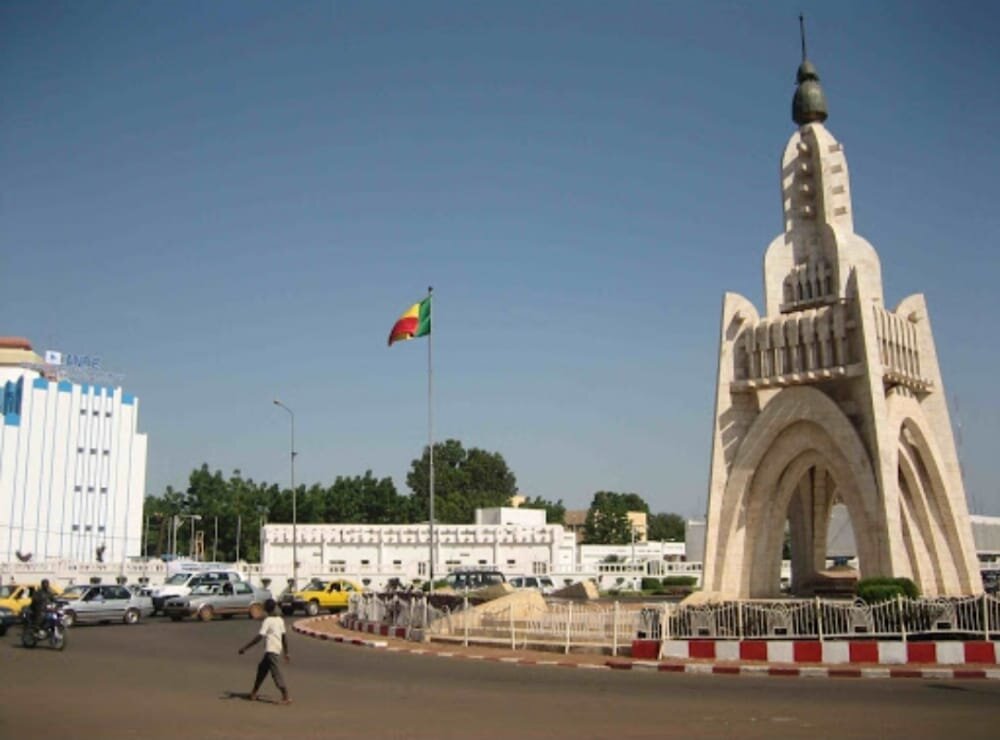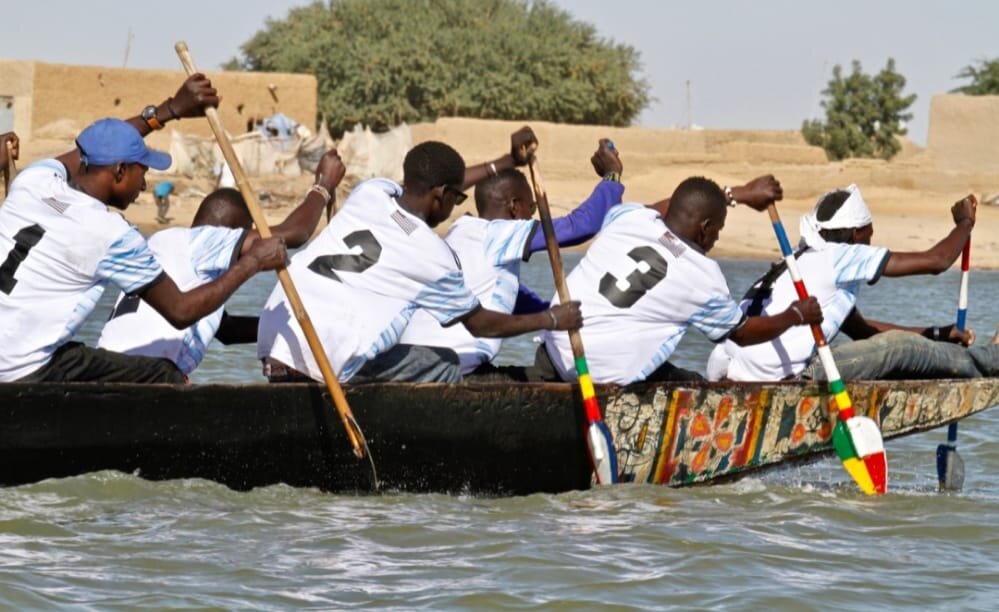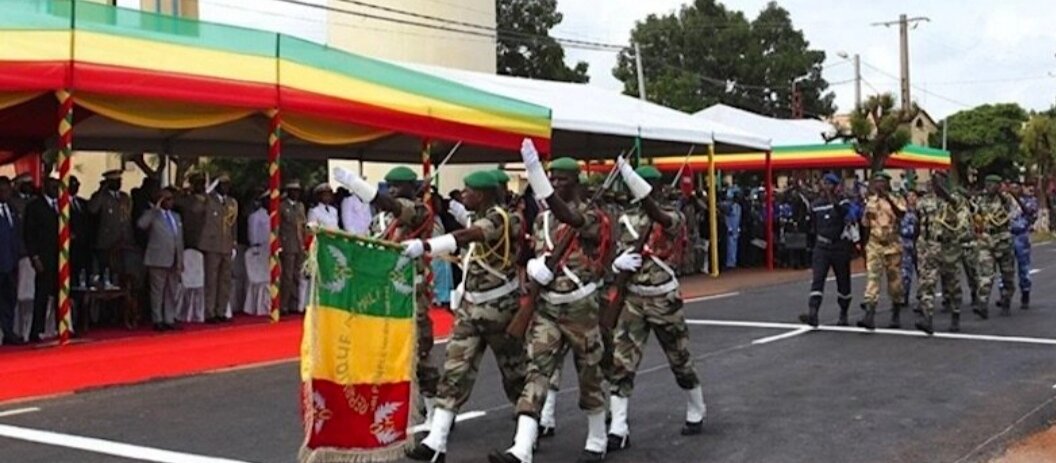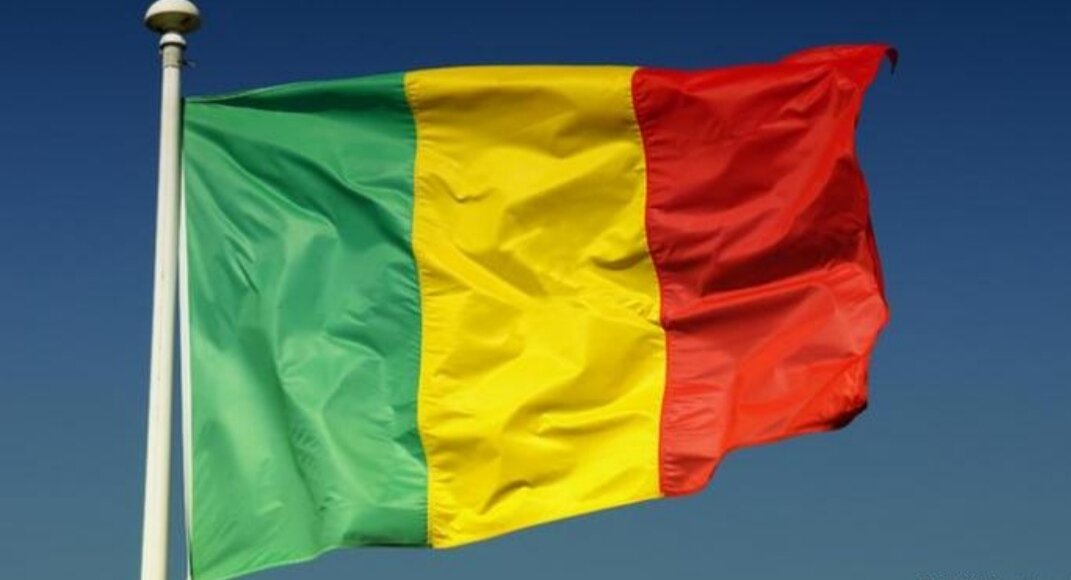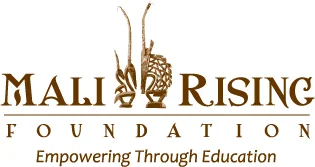By Hindaty Traore, Girls Project Coordinator
On September 22, 1960, Mali gained independence from France. When our new country was born, so was a new flag. Mali’s flag is green, yellow, and red. The green represents the fertility of the earth. The yellow symbolizes Mali's natural resources or mineral wealth and purity. The color red is a reminder of the blood that was shed to gain independence from French rule.
Before the recent political crisis and coups, September 22 – Mali Independence Day -- was celebrated with a grandiose ceremony to pay homage to the fathers of independence in towns, villages, neighborhoods and public places.
Events included torch parades in the streets, canoe and bicycle races, fairs for children, trivia contests on the symbols of the nation, military parades, donkey races, and competitions between young people on history Mali, and more.
Unfortunately, this holiday is falling into oblivion, especially in the smaller, remote villages because of the war and the growing insecurity in the country. I believe an historic day that should not be forgotten in this way.
I remember well my childhood in the town of Ouéléssebougou. September 22 was the most celebrated holiday. Fridays are market days in Ouéléssebougou, and the market was packed with people on the last Friday before the September 22 holiday. People from surrounding villages would come to sell their belongings and then buy clothes and food to celebrate Mali's Independence Day.
In each village or town, parades were organized with magnificent cultural, sporting and social events. During these parades, women wore traditional multicolored clothing in uniform, some with children on their backs. They would join the parade by dancing and singing songs for the heroes of the country. The hunters also came to show their know-how. Everyone was there. To close the party, the a soccer match to decide the winners of the final of the September 22nd cup was played by young people.
I hope that this beautiful country of brave warriors like the soundiata, babemba, tiéba, and others, can come together and remain united forever. In this way the goal of being one and indivisible will remain for of high importance for all Malians.
I end with this wonderful quote from B. Sogoba:
“I am at home here. And it's up to me to make this country famous. I will build it in my image. It will be the most beautiful, the hottest. A land of welcome, hospitality, humanity. A land of reconciliation. My dear homeland, I will make you the most envied in the world.”
